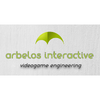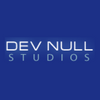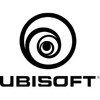Gaming & Design
Video Game Development
Harness your creativity to develop a unique virtual world and thrilling gaming experience. Take advantage of a $3,000 bursary for a limited time.
(Featured alumni work by George Kostaglou and Hamidreza Oloumi)
About The Program
Learn the full breadth of creating video games — from conceptualization to production — under the tutelage of industry experts. You can also build a gaming portfolio and participate in a 16-week internship to get valuable hands-on experience. Plus, with a $3,000 bursary available for a limited time, now is the perfect opportunity to launch your gaming career!
Alumni Success
By defying limits and challenging norms, graduates of our Video Game Development program enjoy their success in the creative realm. They hold the most sought-after positions in the gaming industry such as Game Designer, Games Developer, Graphic Designer, Multimedia Programmer, and Animator.
To check out the work portfolio of our students, click here.
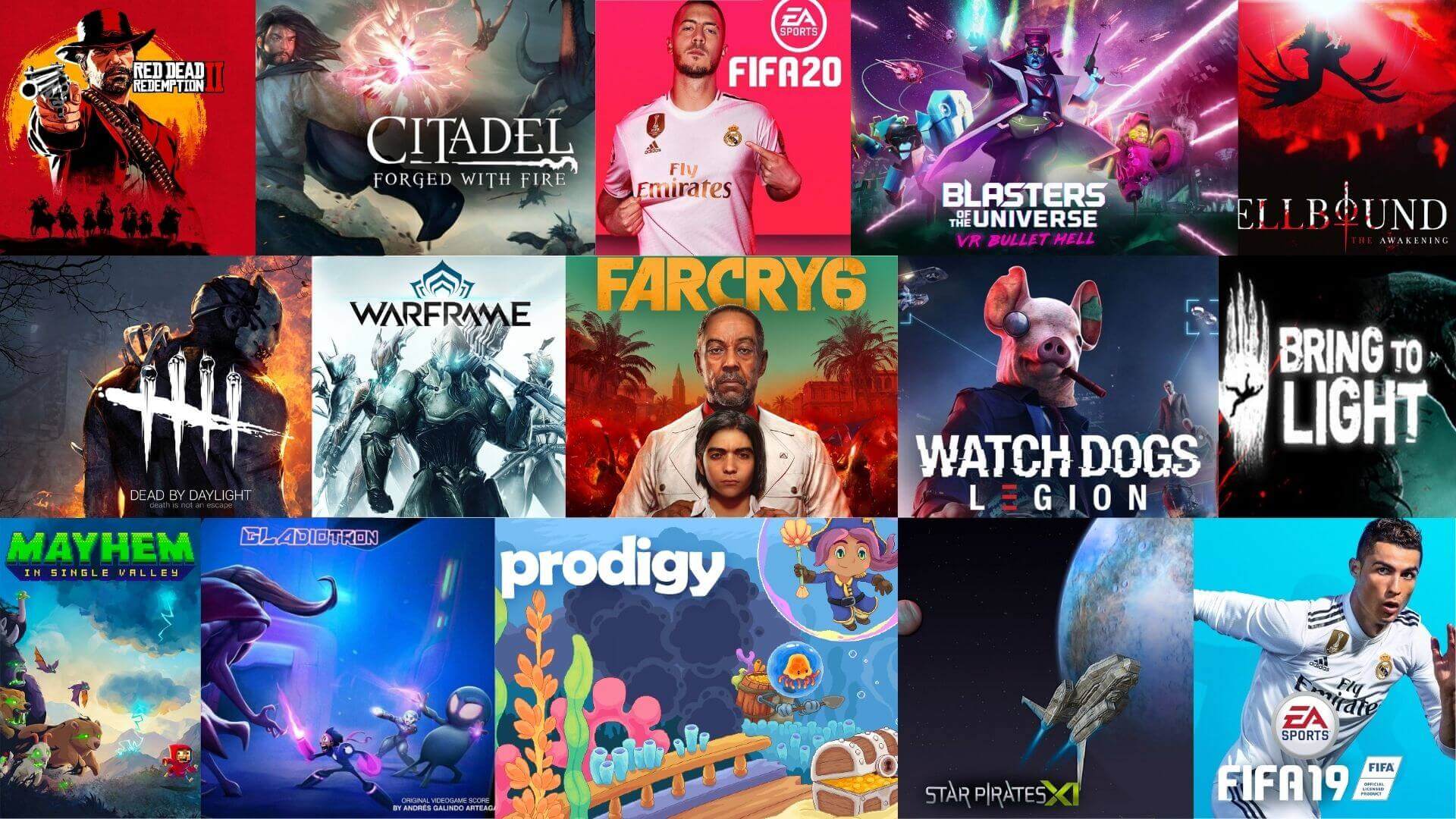
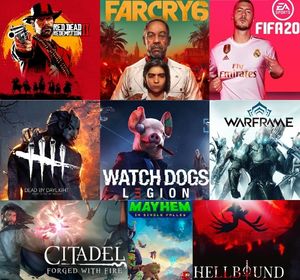
Employers who've hired our Grads
Our learning approach
Our teaching philosophy on Video Game Development focuses on you learning the language of games and building out full game loops. We teach you how to build a game engine from the ground up, in which you can develop new functionality for custom game features. You can also expect to transfer the skills you’ll learn to other industries such as automotive, architecture, film, live events/concerts, animation, and simulation.
To prepare you for work at high-quality studios, we use a project-based approach for both collaborative and individual game development using a variety of project management tools.
As professional game designers, your instructors can teach you the latest industry-standard practices and help you create an extensive and unique portfolio to stand out to hiring managers.
Start Your Journey
Your new career is waiting for you! We can assist you in planning your future through financial aid advice, career management, and by assessing your goals. Get started!
Apply TodaySalary
Employment Rate*
Average Wage/hr**
High Wage/hr**
*Employment Rate based on 2022 contactable Eastern graduates employed in a related field within 12 months.
Source: workingincanada.gc.ca
NOC Code: 2174/21232 - **Wage data rounded down to the nearest dollar. Average wage doesn't reflect the starting salary but represents the middle value between lowest to highest wages. Local (or regional) income may vary. Last updated in Jan 2024.
Program Details
Does the thought of designing and developing your own legendary game excite you? Do you yearn to master the development and project management tools used at triple-A gaming studios? If so, then our Video Game Development diploma program suits you perfectly.
This project-based program can help you develop a strong foundation in programming, math, and physics. Learn how to code in the language used by game developers to create truly unique adventures with your own levels and characters.
With the help of your industry-expert instructors, you will also learn to build 2D and 3D games using the Unity and Unreal gaming engines and to implement artificial intelligence into your games. Enjoy our fun in-house online game jams (coding challenges) to enhance your portfolio. Before you graduate, you can even publish your completed games to online app stores.
This modernized accredited program typically runs for 69 weeks. However, if you prefer to gain valuable work experience, hone your skills, and broaden your portfolio via a 16-week internship, then go for the 85-week option.
As a student, you will receive:
- Training on relevant coding languages (HTML, CSS, JavaScript, C++, and C#)
- Project management experience using tools such as Trello, Agile methodology, and GitHub
- A step-by-step methodical approach to game engine development
- Knowledge and use of the tools used by small and large studios to create games for PC, consoles, and mobile devices
- Realistic game studio work experience with integrated workflow and workplace practices such as daily stand-up meetings and many other Agile practices
- Thorough focus on concept papers, game design documents, repository management, version controls, and post-mortems
Course Listings

Career Planning & Preparation - Level 1
Career Planning & Preparation - Level 2
Digital Literacy for Professionals
Student Success Strategies
Advanced Graphics Programming
Advanced Game Programming
Digital Media & Portfolios
Video Game Design
Game Engines II 2D
Game Engines II 3D
Game Engines l 2D
Game Engines l 3D
Fundamentals of Game Programming
Fundamentals of Graphics Programming
Math & Physics for Games
Game Engines l Project
Game Engines II Project
Rapid Game Development
Admission Requirements

- High school graduation diploma or mature student status (For more information, please refer to the Program Outline at the top of this page or speak with your Education Consultant.)
- In addition to above requirements, all student must pass an entrance assessment.
Success Stories
During my time at triOS, not only did I learn all the needed skills and expertise to successfully enter the video game industry, but the staff and faculty became like a second family to me. The time I spent at triOS helped me grow as a human, and more specifically, as a responsible adult. They truly care about their students' success.
Nicholas N.
Graduated 2016
Technology Requirements
This program requires students to bring their own device. Learn more about the technology requirements that will help you succeed.
Learn More

